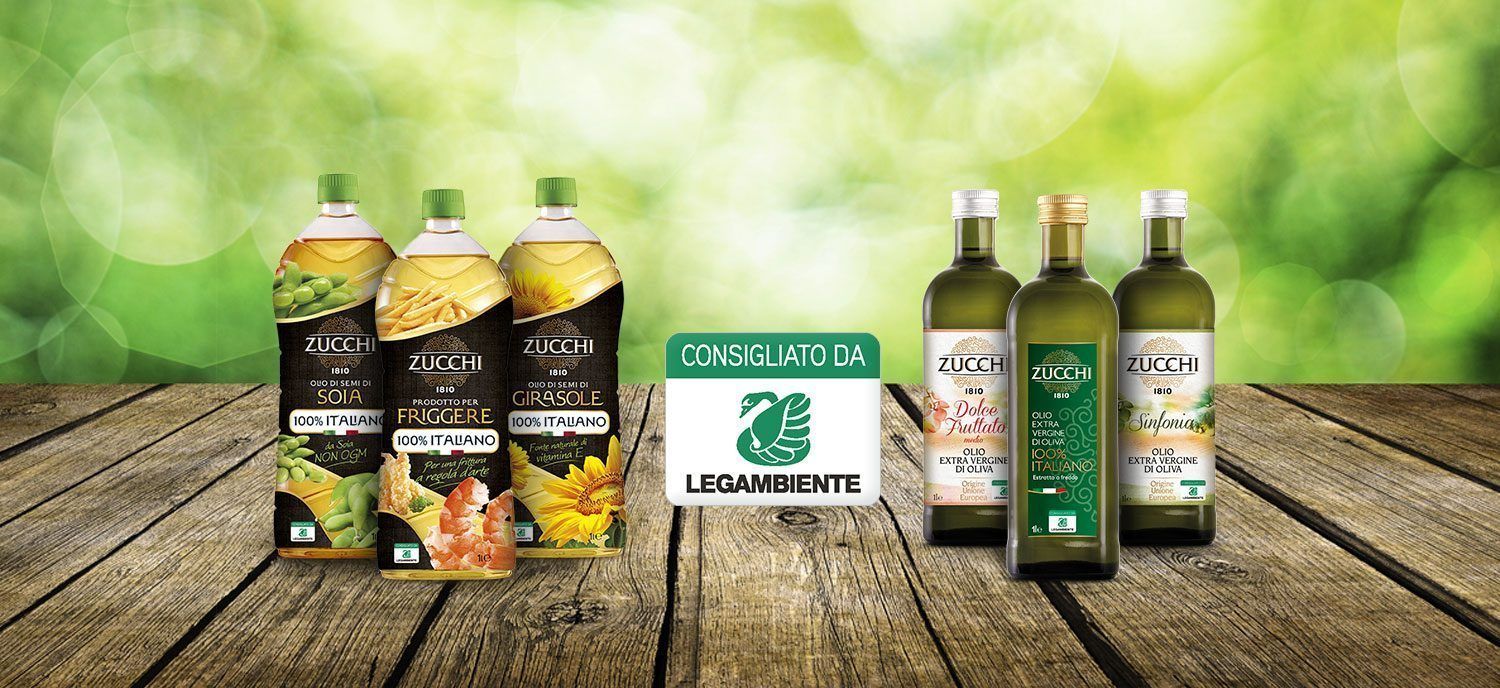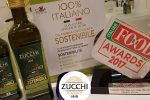5 August 2015
“Either you’re part of the solution or you’re part of the problem”. For this reason, in line with the consistency and philosophy behind Oleificio Zucchi, I really wanted the company to be involved in looking for an innovative solution to bring together the satisfaction of tasting an excellent product and the need to ensure sustainability and transparency in the face of an increasingly strong consumer voice.
Borrowing Gandhi’s words, we have chosen to be the change we wish to see in the world of olive oil, and along this path we have met with the support of Legambiente.
With their advice, we have set up an important supply chain project which will soon bring “Recommended by Legambiente” products to shelves and to our e-commerce platform: a complete range of seed and extra virgin olive oils marked by the Legambiente logo on the label, as proof of especially strict quality, food safety and product origin controls.
The logo and wording “Consigliato da Legambiente” will demonstrate to consumers compliance with new voluntary regulations defined by Legambiente in very close collaboration with our technical team: 3 seed oils of Italian origin (Sunflower, GMO-free Soybeanand Frying Oil with high oelic Sunflower oil) and 3 extra virgin olive oils (100% Italiano, Dolce Fruttato and Sinfonia).
At the heart of the project, and what makes it stand out and truly innovative, is the decision to look at the system as a whole, involving all the links in the chain from field to table, linking five concepts which up to now have been separate: flavour, sustainability, transparency, fairness and accessibility.
First of all, there’s flavour: the neutral, clean taste of seed oils and the richness of the flavours and aromas of extra virgin olive oil, created thanks to the art of blending, i.e. the ability to bring together oils from different varieties and origins which vary from year to year in terms of characteristics and availability, obtaining a product which is superior and different from the starting “ingredients”. Magic or nature? Both. Simply speaking, the polyphenolic compounds of the aromas and flavours react differently each time they are skilfully blended.
Secondly, the new voluntary regulations, which will oblige the company (and its suppliers) to comply with increasingly binding standards will, above all, lead to a path towards






